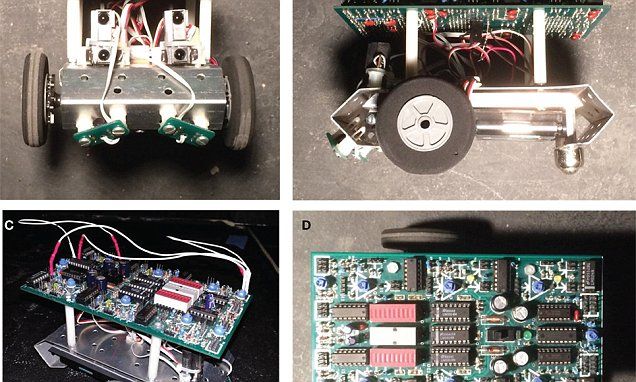Once upon a time, two black holes collided, releasing energy which undulates across the universe. Little is known about these reverberations — dubbed “gravitational waves” — including how they were formed in the first place. However, a University of Birmingham astrophysicist told Sputnik science may now have the beginnings of an answer.
It’s believed that around 1.3 billion light years away from Earth, two black holes cataclysmically collided, releasing energy — gravitational waves — which undulates across the universe like ripples in a pool.
Gravitational waves had long been speculated upon, and were a major prediction of Albert Einstein’s 1915 general theory of relativity, but the existence of these wrinkles in the fabric of space-time was only confirmed in September 2015.










